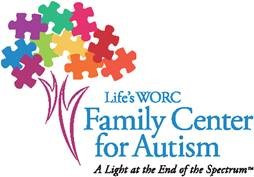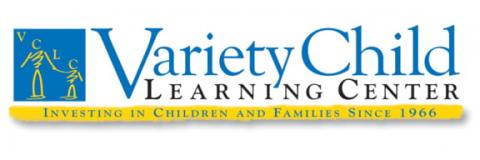

More Special Needs Articles:

Special Education Schools and Services in Brooklyn
Looking for a Brooklyn school with special education services? Look no further than our list of special education schools in Park Slope, Williamsburg,...Latest News:

Special Education Schools and Services in Manhattan
Looking for a Manhattan special education school? Look no further than our list of the top special education schools in Greenwich, Upper East Side, So...Family Activities:
Have a Laugh:

Best Memes of the Week for Parents
Here are the funniest parenting memes from Instagram, Facebook, and Reddit this week.Featured Listings:

Brownstein Special Ed Hebrew School
Glen Head, NY The Brownstein Special Ed Hebrew School offers a unique approach to Jewish learning. Aside from being the first Hebrew school of its kind to open in ...

The Hagedorn Little Village School, Jack Joel Center for Special Children
Seaford, NY The Hagedorn Little Village School, Jack Joel Center for Special Children (HLVS) is a publicly funded, not-for-profit school highly regarded for provi...

Life’s WORC The Family Center for Autism
Garden City, Finally, there’s a place where you can find innovative classes and clubs for your loved one with autism… and support, guidance and understanding for y...

Variety Child Learning Center
Syosset, NY Variety Child Learning Center provides services to more than 750 children and families annually. Services include evaluations to determine eligibility...

